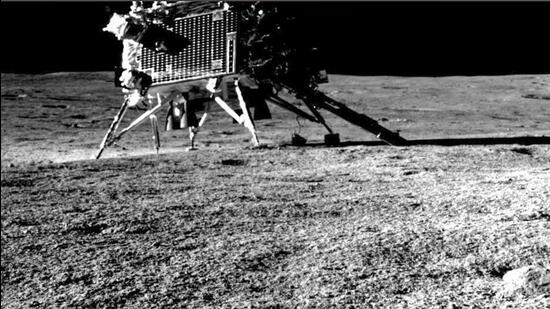QUICKREADS

Human genome reboot better reflects global population
Scientists from the Human Pangenome Reference Consortium have created a new accounting of the human genome that includes a diverse range of people, reflecting the world's population. The new genome rundown could help to clarify the contribution of genetic variation to health and disease, improve genetic testing, and guide drug discovery. The research could be of particular value in understanding neurodevelopmental disorders such as schizophrenia, autism, macrocephaly, and microcephaly, as well as drug metabolism.

Tim Friede: Man bitten by snakes hundreds of times helps create broad antivenom
Tim Friede, a self-taught snake enthusiast, endured hundreds of venomous bites, enabling researchers to develop a potentially groundbreaking antivenom. His unique antibodies could help treat snakebite victims globally, particularly in India, by neutralizing toxins across multiple snake species.

Potential presence of primitive lunar mantle materials on Chandrayaan-3 landing site: Study
Chandrayaan-3's landing site revealed high sulphur levels, suggesting presence of primitive lunar mantle materials from the South Pole-Aitken basin's formation 4.3 billion years ago, offering insights into early lunar evolution and composition.






